Today we’re going to start with a scenario very well depicted by Hollywood movies: the global destruction that ends the world as we know it and only allows a few people to survive. Try to imagine something that will affect us at a planetary level like the magnetic poles shifting, a zombie apocalypse or anything else you consider it plausible. You fought hard for your life and the ones of your loved ones and finally the sun rises again over a brand new era where the destruction stopped and you, the very few people left alive enjoy your first moments of calm and silence.
[the_ad_placement id=”in-text-1-type-r”]The landscape is not encouraging at all: there’s destruction everywhere, debris, fallen buildings, destroyed cars, there is no communication system, no electricity, no fuel, and no possibility to start rebuilding this new world from a superior step. You simply have to take it from the beginning and none of you knows how. In this scenario, wouldn’t you love to have somewhere, hidden in the mountains a big pantry filled with the best survival food there is? This would give you an immense advantage over the others allowing you to live longer and be healthier.
You would have access to premium, high quality food while others would have to feed with whatever they can find. You could share, of course, but such a pantry can make you king of the new world. Tempting thought, right?
Well, sadly this article is not about how to become the king of the world (sadly), it’s about how and what food to storage in order to survive.
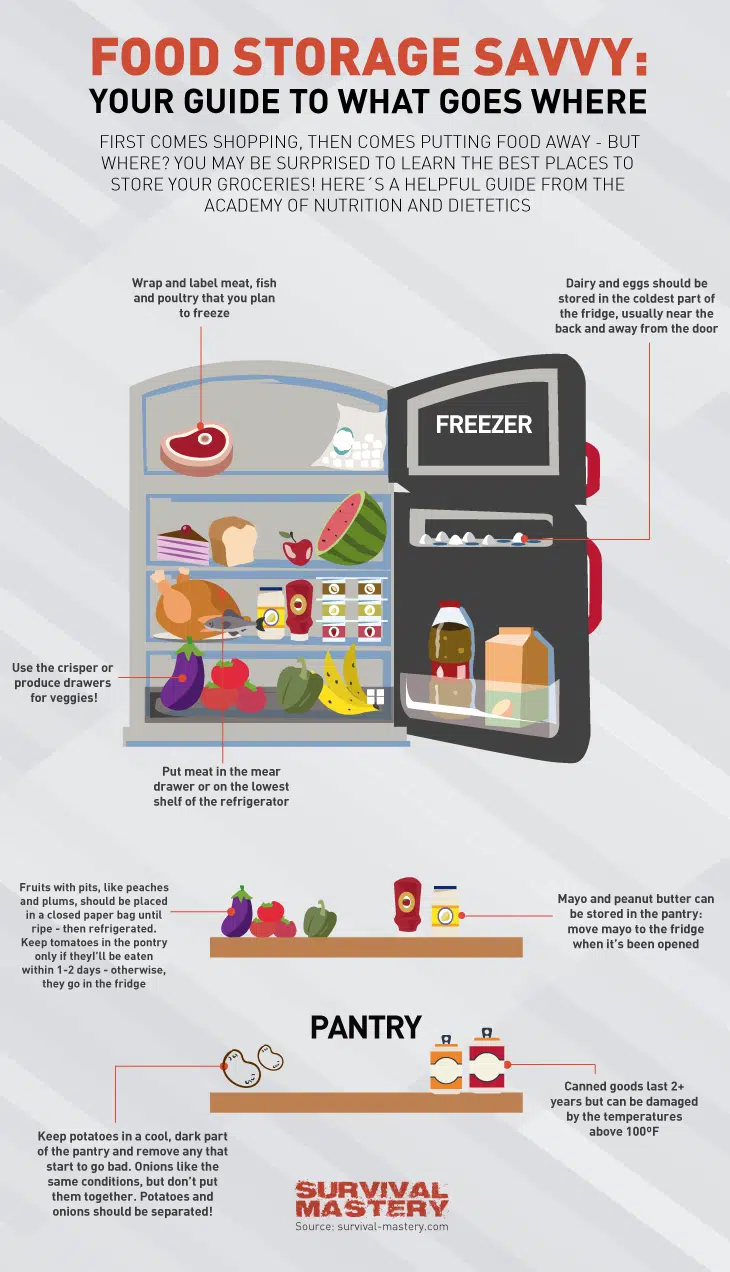
People have done this since always, and World War II bunkers that you can still find today are a very good proof. They are usually filled with survival foods and objects one might need in case the end of the world as we know it comes. We should follow their example and start stocking up, just in case. Having a pantry not only will teach you about best survival food but it will also help develop skills like:
- Organizational skills – the pantry needs to be very well organized in order to keep track of all the food in there. You have to put foods with longer shelf life in the back and those that are most likely to spoil in the front. You need to make a regular inventory and remove any items that are about to expire.
- Survival skills – as you stock up, you’ll learn how to use your secret pantry in case of a disaster.
- Contractor skills – if you don’t have already a special place built somewhere on a high ground, away from everyone’s eyes then you’ll have to build it yourself (or ask help from a professional). This will also teach you a few things about survival and buildings.
- Shopping skills – you will learn how to really shop for food by choosing only the important items and leaving foods that don’t have any nutritional value, behind.
- Nutritional skills – you will learn how much calories a person needs to consume daily in order to face a disaster and how to combine foods in order to obtain that amount of required calories. You’ll learn about proteins and fibers and which are more important when in need of an energy boost.
As you can see, having your own survival pantry not only allows you to store food to survive, it also teaches you many other things. Now let’s talk about the actual food you need to survive.
Best survival food – anything you can find in a can
Canned food is the wet dream of any survivalist and these days you can find almost anything in a can. Food in a can becomes non perishable until you open the can. Through the canning process, the air is removed from the recipient and harmful bacteria are destroyed allowing the food to last longer and still feel fresh when you open the can.
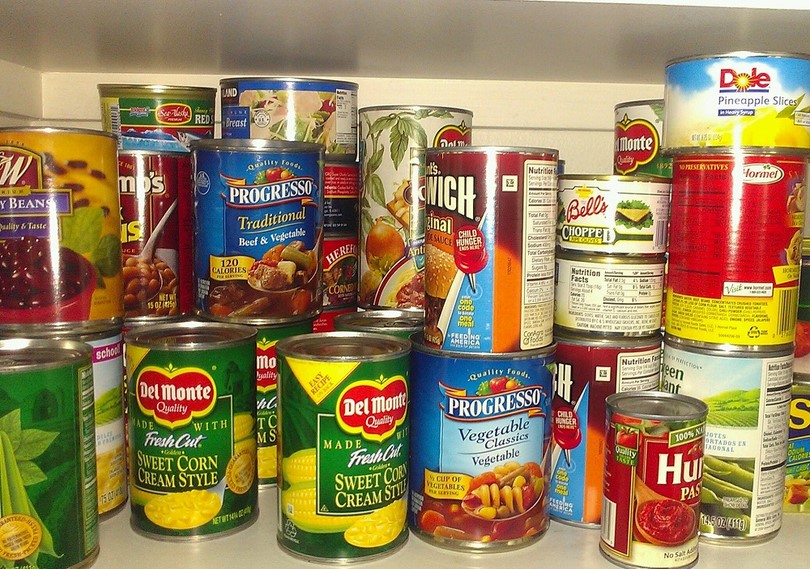
Our recommendation: stock up on canned food that has long shelf life (from one year up to five). Also you can start making your own canned food.
Best survival food to put in a can:
- Vegetables like beans, peas, carrots, corn, celery, tomatoes, cabbage, cauliflower, asparagus, and so on. Don’t expect these to keep the same texture and taste as when they were freshly picked from the garden but they will be perfect when you feel the need to eat something that used to be green. Vegetables are usually canned in glass containers like jars and they are kept in a salty solution that keeps them fresh for a longer period of time.
You can always opt for frozen vegetables but this means you will have to have a refrigerator in your pantry and in case of a global disaster we may run out on electricity. This means your frozen foods won’t last and you will find yourself in a pretty bad situation. - Fruits as jams and compotes. You can store almost any type of fruit you like: peaches, strawberries, apples, pears, oranges, and so on. These will be very useful when you need a drop of sweetness in your bitter, after disaster life. Also if you have children, you’ll be able to bring some light on their faces with something sweet and refreshing.
Fruits are also very important for your fiber and fructose consumption. Fibers help regulate bowel movements and keep the sensation of fullness for a longer period of time while fructose can be a very good replacement for glucose which is food for the brain. - Canned sauces like tomato sauce or pasta, barbecue sauce, marinara sauce, stir fry sauce, and any other sauce that brings flavor to your food. These are not absolutely necessary from a nutritionist’s point of view but they are necessary to spice up your life. When everything is dark around you, at least the food you eat can have some flavor.
- Canned meats – meat is a very important food and it is absolutely necessary for a grown adult when he or she deals with survival situations. The proteins that come from meets like chicken, pork or beef help our organism keep strong and function at optimal parameters. We recommend to create a special shelf for canned meats and to gather as much as possible. These cans usually have long shelf life and they are packed so that one can is enough for one meal.
- Canned fish – fish is also an important food category that you shouldn’t forget about. Fish brings us health and allows our circulatory system to run smoothly which is very important during such a stressful time. Make sure to stock up on tuna, salmon, and shellfish species that are rich in omega3 fats which are essential for our health. These cans also last for longer periods of time.
- Canned soups – having some ready to eat food is a really great idea. If there are no heating sources around and you can’t cook, a can soup will be your salvation. Simply open the can and eat the soup. Soups bring extra nutrients in our system and are very well tolerated even by a sick organism. If anyone gets a cold or feels sick, a can soup may solve the problem.
- Canned pasta – also a very good ready to eat food. Pasta is a very important food category so make sure you buy plenty of this too. You should have both whole and enriched varieties as they provide a balanced diet with essential vitamins, phytonutrients, and minerals. It is also a dense food which will allow you to fill full for a longer period of time.
These are a few basic foods that should be on your list but feel free to add anything you like. Canned foods are safe to store for longer periods of time but make sure to check on them regularly. Here are a few tips on how to store canned foods:
- don’t keep them in direct sun light;
- keep them in a room temperature environment and not in direct heat;
- don’t put them in the refrigerator or freezer, they are packed this way to resist without requiring any extra cold;
- don’t store them next to sharp objects that could penetrate the container;
- make sure that glass containers are safely stored on the shelf. If they fall, they will break.
If you’re not sure about the shelf life of canned foods, check out our article where we discuss how long canned food can last according to the type of food and environmental conditions.
Ingredients for cooking with a long shelf life
Let’s face it: you can’t eat food from a can for a very long period of time. After a while you’ll start feeling sick just by glimpsing the sight a can. Our organism needs variety in order to function at optimal parameters and here is where you need to learn about base ingredients that you can use to cook.
[the_ad_placement id=”in-text-2-type-r”]These base ingredients are mostly grains and beans which can constitute the base for almost any food ever invented on this planet. These usually have a shelf life of about 10 to 12 years if stored properly.

Your pantry should have the following:
- Buckwheat
- Soft White Wheat
- Millet
- Barley
- Quinoa
- Rye
- Pinto Beans
- Kidney Beans
- Lima Beans
- Garbanzo Beans
- Black Turtle Beans
- All Purpose Flour
- White Flour
- Whole Wheat Flour
- White Rice (has a shelf life of up to 10 years)
- Coconut oil – it has one of the longest shelf lives among oils (over 2 years).
In order to keep these safe you need to store them under following conditions:
- beans need to be sealed and kept away from oxygen;
- flours and grains need a total humidity free environment;
- keep grains and flowers in textile bags to allow them to breathe – an oxygen free environment is not recommended;
- make sure there are no insects in your pantry – they are the worse pests when you try to store grains and flours;
- keep these items separated, in their special place away from any perishable ingredients.
You can learn more about how to store food for emergency situations from our article on emergency food storage.
As you can see, there are a lot of recipes that contain these ingredients and they can feed you and your family for a long period of time. Also, you can use grains as seeds to make your own garden and grow your own organic food.
Other ingredients that should be in your pantry
In order to make sure you actually have the best survival food in your pantry you need these ingredients that people tend to take for granted:
- sugar (brown and white) and salt
- spices (pepper, oregano, basil, rosemary, tarragon)
- raw honey – beside the fact that it’s healthier than sugar, it also is an antibiotic and has wound healing properties
- alcohol – you’ll definitely need a sip of good whiskey, brandy, or vodka from time to time so make sure to stock up on this
- peanut butter
- coffee and tea
- hard candy
- energy bars – look for those with a high calorie count because you will definitely need them
- chocolate – again, can you imagine life without?
- baking soda – not just for baking but also for cooking and cleaning. You can replace toothpaste with baking soda.
Make your after apocalypse a bit smoother
When you first start your survival pantry you think about basic items like flour, oil, vegetables, fruits, and anything that resists long periods of time and can help you resist during stressful times. Still, after a while you will be in danger to reach food lethargy when your organism has had enough to consume the same type of nutrients every day and asks for something else. This is the time when you’ll start day dreaming about pizza, hamburgers, cheeseburgers, fine cheese, and any other delicacies you can’t enjoy anymore.
[the_ad_placement id=”in-text-3-type-r”]Well, we say you should spend your after apocalypse in style (at least when it comes to food) and store some fancy items in that pantry too:
- Meat shouldn’t be just canned. If you know how to smoke it or salt it you can store meat in its normal form. It will taste better and it will have an amazing texture after a few months of meat in a can.
- Cheese can also be stored in your pantry. You shouldn’t be missing the taste of fine cheese just because the world almost ended, right? Find hulks of dry cheese or buy varieties that dwell well in time. You can also store cottage cheese in a salty solution for long periods of time.
- Powder milk is a good way to remember how milk tastes like. Also you can start a small farm and raise a few goats, cows and sheep. This can also solve your cheese problem too.
- Fine wine – the older the better. Don’t hesitate to stash a few bottles of fine wine in your pantry. Someday you will congratulate yourself for this good thought.
- Nuts and dried fruits like peanuts, almonds, walnuts, pistachios, figs, raisins, and anything you feel like adding to the list. These are also a certain type of delicacies that will make your life a little brighter.
Remember, even if the world may go through a terrible apocalypse and there are only a few survivals left around, this doesn’t mean you should give up what little pleasure you might have left. It will be even better because you will be able to share your treasure with other people who will be extremely grateful for your wisdom.
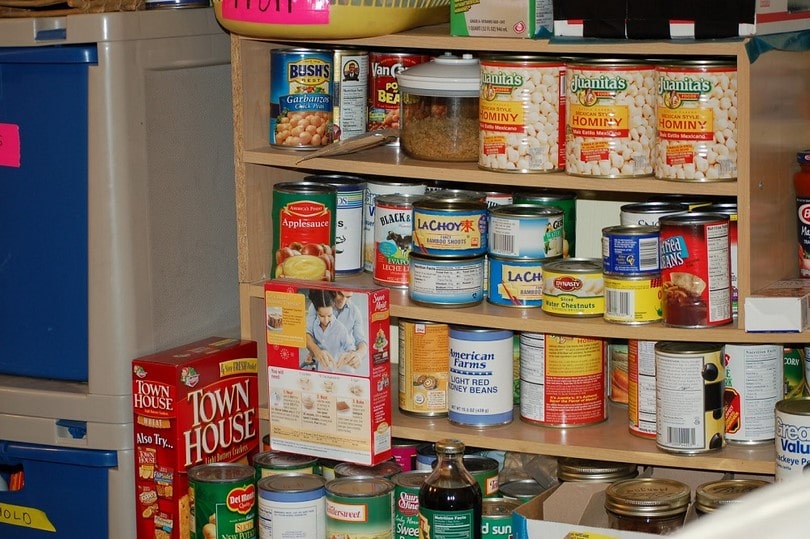
The main conclusion when it comes to best survival food is that there is no strict way. There are some basic ingredients anyone should consider adding to their pantry but the rest is completely your choice. Follow these tips and you should have the best stocked pantry:
- Only stock food you and your family would eat. There is no point in stocking something you don’t like. Yes, you would probably eat it in extreme circumstances but you never know if it will last that long.
- Make sure to have a variety of ingredients – eating the same food every day will get extremely boring so make sure to include foods you would eat even if there is no apocalypse. You like butter, add some canned butter to the list. You like bananas, add some dehydrated bananas in your pantry.
- Foods rich in nutrients – don’t stock on potato chips even if the shelf life is quite long. Look for real food that can provide real nutrients. You will need these to help you do some real physical activity.
- Don’t think about dieting- when the world is recovering from a major disaster your last worry is going to be your weight. You will lose every extra kilogram in the wrath of the disaster and fighting to survive after the disaster ends. Make sure to stock up on high calorie foods.
- Stock on delicacies – they can be used for barter. Less wise people may want to change their boring diet and then you will have the advantage in the trade. You can get everything you want this way.
And always remember, ready to eat foods should be your basic item. It’s hard to find the proper conditions to cook after a disaster and you will need food to keep you energetic and in a good mental state.


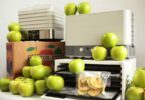
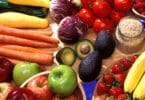

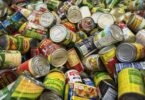
One never knows. You should learn how to cook, so if the chance arises, you can cook a meal on the spot. Also, storing some seeds will be useful if you somehow managed to have a place to plant those seeds.
That’s true, Paulette. Cooking skills are very important in any survival situation. You should also learn food preservation methods, such as drying, freezing, and canning.
I’m worried about the high cost of stocking food for survival. Health food stores can charge a significant amount of money and I pay less than the amount for regular food. For wealthy people it’s not a problem but for people like me who have limited income, it’s tough to stock food and pay for its maintenance, and that’s upsetting. I think merchants are taking advantage of the situation.
Richard,
Your points are very valid and I do agree that it does take quite a chunk off money to be able to to full stock a preppers pantry. However, here are a couple of things that you can do to cut down of costs:
Plant your own garden. Grow as many variety of vegetables as you want. This will help cut down on the cost of healthy food and since you grew them, it means you know what’s in them. There is a chance that they will survive a SHTF scenario and you will be able to continue harvesting.
Start with a goat or sheep. Domesticate animals, especially goats. Goats can help get rid of weed and they also provide milk for your daily dairy requirement.
David